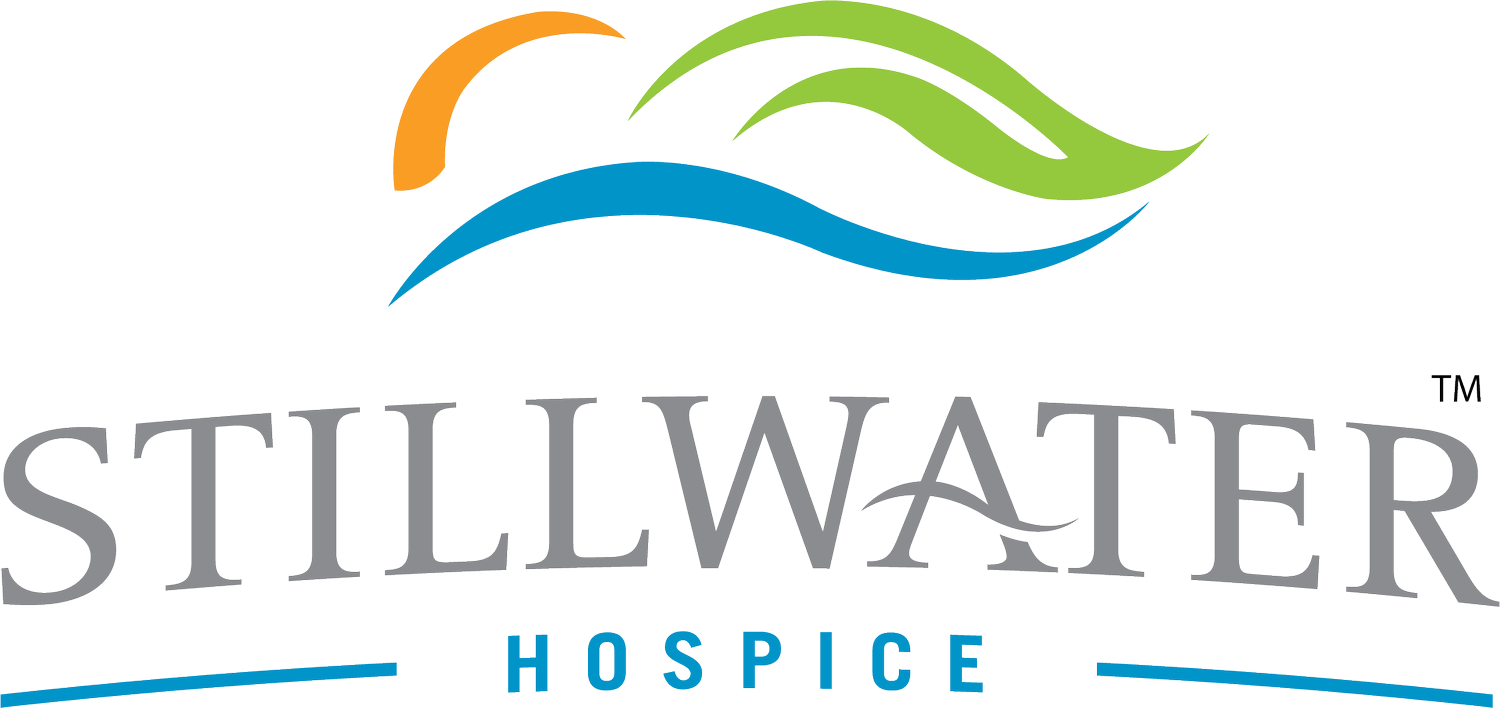When Nourishment Shifts: Understanding Nutrition at the End of Life
At Stillwater Hospice, we often walk alongside families navigating one of life's most sacred transitions—the end of life. During this time, one of the most common concerns we hear from loved ones is, "Isn't Mom starving?" or "I want Grandpa to have more fluids." These heartfelt worries are deeply understandable. Food and drink are powerful expressions of love, care, and communion, especially within families and traditions.
But at the end of life, the body changes profoundly, including how it processes food and fluids. Appetite and thirst naturally decrease as the body's energy needs diminish. What was once nourishing may now become uncomfortable or even harmful. For families, this shift can be emotionally challenging to witness. It may feel like letting go, or worse, like not doing enough.
Why Nutrition Changes
The body gradually slows down in the final weeks and days of life. Organs begin to shut down, digestion becomes less efficient, and the body no longer requires the same calories or hydration it once did. Forcing food or fluids during this time can cause discomfort, nausea, bloating, or aspiration (when food or liquid enters the lungs), leading to additional distress.
Instead, small, comforting sips or tastes—like a spoonful of a favorite dessert or a moist sponge dipped in water—can offer far more comfort than a full meal or IV fluids. Hospice teams are trained to focus on comfort-focused care and support patients and families through this transition with compassion and clarity.
A Shift in Purpose
At this stage, the goal of nutrition shifts from sustaining life to providing comfort. It's not about nourishment in the traditional sense—it's about honoring the patient's needs, reducing discomfort, and allowing nature to take its course with peace and dignity.
Supporting Families with Compassion
We know how hard it is to witness these changes. Our nurses, chaplains, social workers, and hospice aides are here to help families understand what's happening and why. We provide clinical care and emotional and spiritual support to guide you through the fears, grief, and questions that may arise.
At Stillwater Hospice, we believe in the power of presence, education, and gentle reassurance. Your love and advocacy matter deeply—and sometimes, the most loving thing you can do is be present, offering a cool cloth, holding a hand, or sitting quietly beside your loved one.
You are not alone. We're here for you every step of the way.


